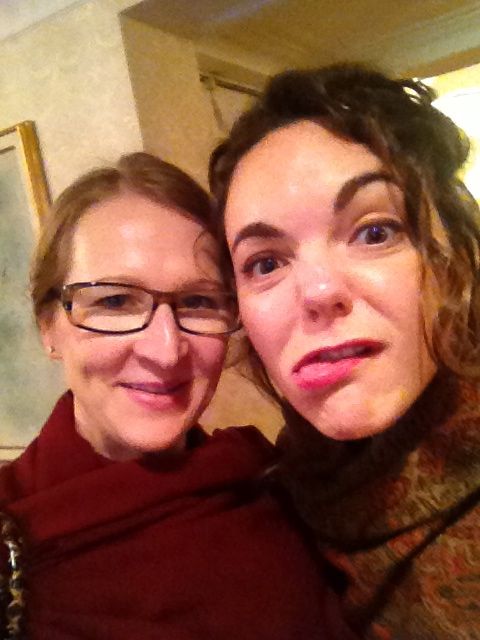During the last few weeks I had the chance to conduct an email based interview with Jason Baird Jackson about Open Access (OA), academic publishing, and anthropology…
Ryan Anderson: Thanks for doing this interview, Jason. My first question is really basic: What IS open access all about, and how is it any different from standard academic publishing?
Jason Baird Jackson: Its a pleasure to have this chance to talk about open access (hereafter, OA). When I am asked to recommend an explanation of what OA is about, I usually point colleagues to the basic introductory documents assembled by philosopher and OA strategist Peter Suber. His one page “Very Brief Introduction to Open Access” is a great place to start. It begins noting: “Open-access (OA) literature is digital, online, free of charge, and free of most copyright and licensing restrictions. What makes it possible is the internet and the consent of the author or copyright-holder.” There is much more that scholarly authors, societies, publishers, and libraries need to know about OA, but this is a good start. The features that Suber notes in this sentence comprise the basic differences that you are searching for.
OA evokes different things for different people and interest groups. I suspect that we will touch on some of the range of concerns that these actors bring to the topic. For a time, it made sense to speak of OA as an alternative to standard academic publishing but I do not think that this framing works any longer. While OA represents a significant set of transformations in what we might think of as the inherited scholarly publishing domain, OA is now at the heart of standard academic publishing. That does not mean that there is agreement about the issues or about emergent practices or even about the definition of basic terms. My “its all one system now” view just acknowledges such facts on the ground as the reality that we now have academic authors publishing in “gold OA” journals without even realizing that such a nameable kind of publication exists as such. On the other side of the ledger, the largest commercial publishers are fully, if sometimes begrudgingly, involved in open access through their having acceded to public, university, and funder demands for what is called “green OA” and via their author-pays approaches to gold and “hybrid” OA”. (We’ll touch on these modes, perhaps.) While people like me tend to talk about OA as a means towards a dramatic transformation of scholarly communication, one aimed at making it more sustainable, accountable, ethical, public, etc., commercial publishers increasingly describe OA as just another business model. We are debating and rebuilding the same publishing system even if, at times, and in some senses, it seems like OA advocates are creating an alternative infrastructure for the discovery, circulation, evaluation, and reuse of scholarly research outputs.
It can be treated as a different topic, one that we need only acknowledge and not discuss, but I just used the terribly clumsy phrase “research outputs” as a way of highlighting the parallel transformations that we are experiencing in the system of scholarly genres. Running alongside the OA transformation, the canonical genres—journal article and scholarly book—are being remixed and destabilized in countless ways. For anthropology, these generic changes are different from those that followed the field’s “writing culture” debates. Earlier, we wondered what we could say in a book. Now we wonder what a book is. In your own corner of the new territory, I could ask: Is your anthropologies project a journal, a scholarly website, a weblog? Do your authors know? Such questions are increasingly present and point to what a time of experimentation we are in. OA advocates in anthropology have been particularly attentive to this related-but-not-the-same issue of genre. That said, the core of the OA discussion has been the journal article as we’ve known it and few would deny its continued centrality as the currency of the academic realm. Continue reading →
